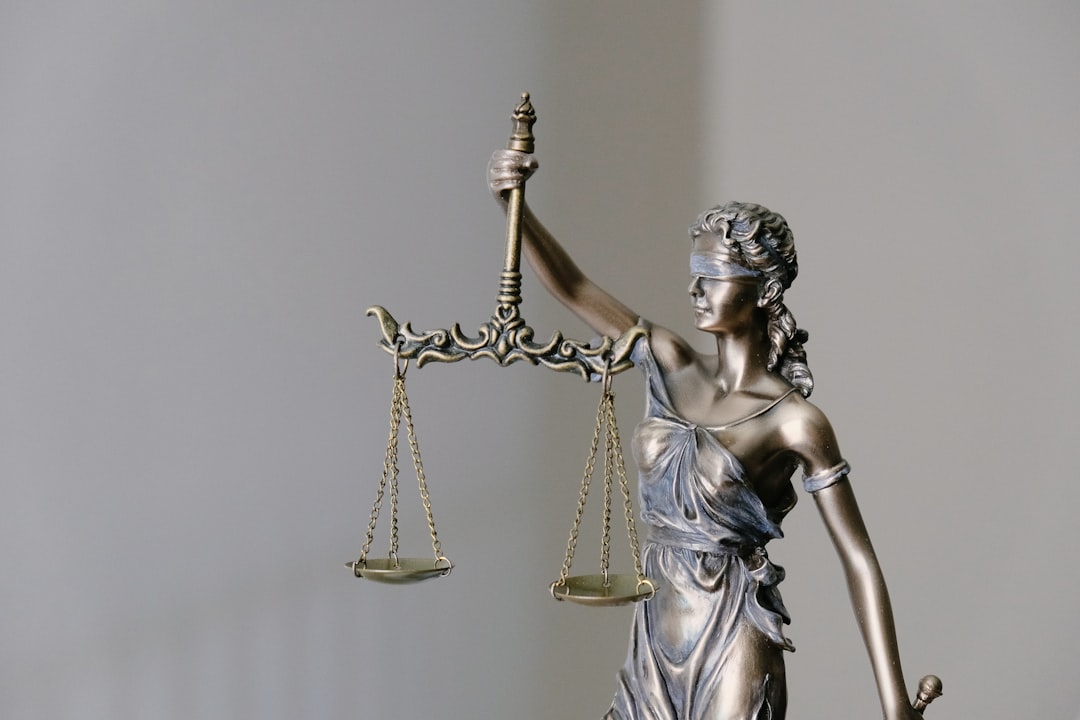Recognizing subtle behavioral changes in children is crucial for identifying potential sexual abuse. Signs may include withdrawal, anxiety, aggression, mood swings, and physical symptoms like bruises or rashes. Parents should encourage open communication and consult reputable school abuse lawyers or attorneys in Florida for legal guidance. If suspected, connecting with a school abuse law firm ensures children receive medical care, support, and justice while holding perpetrators accountable.
As a Florida resident, protecting your child from sexual abuse is paramount. This comprehensive guide equips parents with essential tools to recognize subtle signs of school-related abuse. From behavioral changes and physical indicators to understanding legal avenues for justice, this resource highlights the crucial steps to take if you suspect your child is a victim. Don’t hesitate; consult a dedicated school abuse lawyer in Florida from a trusted law firm to ensure your child’s rights are protected and justice served.
Recognizing Behavioral Changes: A Child's Secret Language

Recognizing Behavioral Changes is a crucial step in identifying potential sexual abuse. Children often communicate their experiences through subtle changes in behavior rather than direct conversations. As parents, it’s essential to be vigilant and attuned to any shifts in your child’s routine or demeanor. Unusual withdrawal from social activities they once enjoyed, sudden changes in appetite, bedwetting regression, or extreme anxiety when separated from you could be signs of distress.
A school abuse lawyer Florida experts advise that children may also display increased aggression, startle easily, or exhibit a range of emotional responses like severe mood swings or chronic sadness. They might retreat into silence or become overly compliant, trying to please everyone to avoid potential conflicts. If you notice any of these behavioral changes in your child, it’s essential to encourage open communication and consider seeking the assistance of a school abuse attorney Florida residents trust. A comprehensive understanding of these signs can help parents take appropriate action and ensure their child receives the support they need.
Physical Signs and Medical Concerns

Children who have experienced sexual abuse may present various physical signs and symptoms that require immediate attention. These can include unusual or unexplained injuries, such as bruises, rashes, or bleeding, particularly in sensitive areas like the genitals, anus, or mouth. Behavioral changes are also common; a child might become more withdrawn, display increased anxiety or aggression, or exhibit a sudden change in eating habits and sleep patterns.
It’s important to note that many victims of school abuse may not show any visible signs, but they could still be struggling internally. If you suspect any form of sexual misconduct involving a minor, it is crucial to seek legal assistance from a competent school abuse lawyer Florida or school abuse attorney Florida. A reputable school abuse law firm Florida can guide parents on the legal steps to take, ensuring the child receives the necessary medical care and support while holding the responsible parties accountable.
Legal Action: Finding Support in Florida for Your Child's Justice

If your child has experienced sexual abuse at school or within a Florida community, it’s crucial to understand the legal options available to seek justice and support. Many victims of child sexual abuse struggle in silence due to fear, shame, or uncertainty about their rights. However, Florida law provides specific protections for minors who have been victims of such heinous crimes.
In such cases, engaging a reputable school abuse lawyer Florida or an abuse attorney Florida is essential. These legal professionals specialize in navigating the complexities of child sexual abuse litigation and can help ensure your child receives the justice they deserve. School abuse law firms Florida are equipped to handle these sensitive matters discreetly while advocating for your child’s best interests. They can guide you through the legal process, explain your rights, and help build a strong case against perpetrators or institutions responsible for the abuse.






